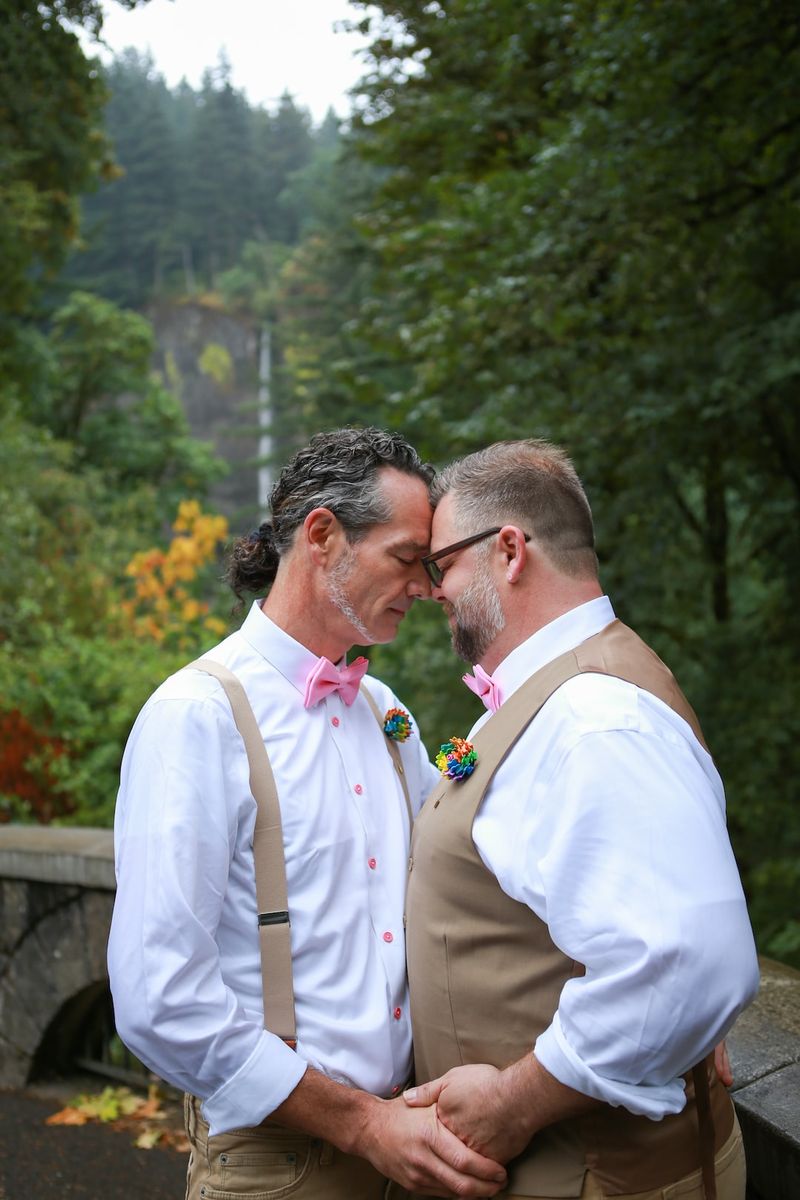Mixed Reactions and Uncertainty in Massachusetts After Supreme Court Ruling on LGBTQ+ Rights
A recent ruling by the U.S. Supreme Court regarding a Colorado web designer’s right to refuse to work with same-sex couples has sparked a range of reactions and uncertainty in Massachusetts. While the decision is limited in scope, lawyers and leaders in LGBTQ+ organizations express concerns about the potential implications. On the other hand, advocates for conservative causes view the ruling as a victory for religious beliefs and free speech.
A Narrow Exception to Custom Services
The Supreme Court ruling is specific to the case of a website developer who provided custom services and created tailored and unique content for each client. Janson Wu, the executive director for GLBTQ Legal Advocates and Defenders, explains that the decision was based on the fact that the business in question vetted and endorsed each client, meeting with them individually to discuss their unique stories and creating original artwork and text. However, Wu emphasizes that this narrow exception does not apply to the majority of businesses.
Concerns about LGBTQ+ Protections
Grace Moreno, executive director of the Massachusetts LGBT Chamber of Commerce, voices alarm over the intentions of the justices in light of this ruling. She questions whether the decision is indicative of a larger trend that may have more significant impacts on LGBTQ+ rights, such as marriage equality or same-sex adoption. Moreno worries that the LGBTQ+ community is not being protected equally and expresses fear about what future decisions may entail.
A Victory for Free Speech
For some, the ruling is seen as a win for free speech and the protection of individual beliefs. Sam Whiting, a staff attorney at the Massachusetts Family Institute, argues that no one should be compelled to express a message they disagree with. He highlights that the decision protects the rights of atheists, Christians, liberals, and conservatives alike, preventing individuals in power from co-opting others’ voices to promote their own messages. Whiting believes that the ruling will serve as a crucial defense for religious individuals who do not wish to violate their conscience when it comes to matters of gender identity or LGBT issues.
The Dignity of Individual People
However, Gary Daffin, co-chair of the Massachusetts LGBT Political Caucus and board member of Boston Pride for the People, sees the ruling in a fundamentally different light. He argues that anti-discrimination laws exist to ensure that individuals are not denied service based on who they are. Daffin asserts that the ruling strips away the dignity of individual people, preventing them from fully experiencing the rights to life, liberty, and the pursuit of happiness. He believes that the Supreme Court is out of touch with public opinion and is attempting to regress to a bygone era that no longer aligns with societal progress.
Editorial and Philisophical Discussion
This Supreme Court ruling has generated a wide range of reactions and reflects deeper tensions within society regarding the balance between religious freedom, freedom of expression, and equal treatment for all individuals. At the heart of this issue lies the question of where to draw the line between protecting religious beliefs and ensuring that LGBTQ+ individuals are not subjected to discrimination.
The Complexity of Balancing Rights
While it is crucial to protect religious freedom and the right of individuals to express their beliefs without coercion, it is equally important to safeguard the rights of LGBTQ+ individuals to be treated with dignity and equality. Striking this balance can be challenging, as these rights can sometimes come into conflict with one another.
The Role of Business in Society
Businesses have an important role in shaping societal norms and treating all individuals with fairness and respect. Denying services to LGBTQ+ people based on their sexual orientation or gender identity can perpetuate harmful stereotypes and contribute to a culture of discrimination. On the other hand, compelling individuals or businesses to engage in speech or expression that goes against their deeply held beliefs can be seen as an infringement on their own rights.
The Progress and Backlash on LGBTQ+ Rights
As the Massachusetts LGBT Political Caucus co-chair, Gary Daffin, pointed out, this ruling demonstrates that the Supreme Court is lagging behind public opinion on LGBTQ+ rights. While significant progress has been made in recent years, there is always the risk of backlash and setbacks in the fight for equal rights. It is crucial for advocates of LGBTQ+ rights to remain vigilant and continue the work of advocating for comprehensive protections.
Advice
In light of this ruling, it is important for LGBTQ+ individuals and organizations to stay informed and engaged. Understanding the narrow scope of the decision can help quell some concerns about widespread discrimination. However, it also serves as a reminder that ongoing legal challenges and advocacy are necessary to maintain and expand LGBTQ+ rights.
In addition, it is crucial for individuals and organizations to foster dialogue and understanding between those with differing viewpoints. Engaging in respectful conversations about the intersection of religious freedom, free speech, and equal treatment can help bridge the gap and find common ground.
Furthermore, it is important for LGBTQ+ organizations to continue partnering with allies and supporters who are committed to protecting and advancing their rights. Building coalitions and working together across diverse communities can reinforce the importance of inclusivity and equality for all individuals.
Finally, it is essential for individuals to vote, support candidates who champion LGBTQ+ rights, and stay engaged in the political process. Elections have significant consequences for issues such as LGBTQ+ rights, and being an active participant can help shape a society that values and safeguards the rights of all its members.

<< photo by Ashley Nicole >>
The image is for illustrative purposes only and does not depict the actual situation.
You might want to read !
- Supreme Court’s Decision Deepens Inequality in LGBTQ Rights
- Report: Fred VanVleet Rockets His Way from Raptors to New Horizons
- The Royal Shake-Up: Analyzing the Chapman Trade
- VIDEO: Exploring the Canadian Outback on Canada Day: A Rewarding Journey
- The Crossroads of Kyrie Irving’s Return: NBA Free Agency Live Updates
- “Exploring the Depths: Unveiling the Titanic Sub’s Recovered Debris in Photos”
- Insightful Analysis: Unveiling the Potential of Celtics’ Second-Round Pick Jordan Walsh
- “Defending the Law: Examining the Consequences of NFL Player Jack Jones’ Arrest with Loaded Guns in Carry-On”
- Supreme Court Delivers Blow to Biden’s Student Loan Forgiveness Plan
- “Biden’s Student Loan Forgiveness Plan: A Supreme Court Setback”
- Concerns about LGBTQ Rights Take Center Stage at NYC Pride March
- The Importance of LGBTQ Visibility: Reflections on the SF Pride Parade
- Lakers Bolster Roster with Gabe Vincent and Taurean Prince in Free Agency
- The Future of Spectatorship: Unlocking the Digital Dimension of WWE Money in the Bank
- Unprecedented Moves: Breaking Down the NBA Free Agency 2023 Tracker




